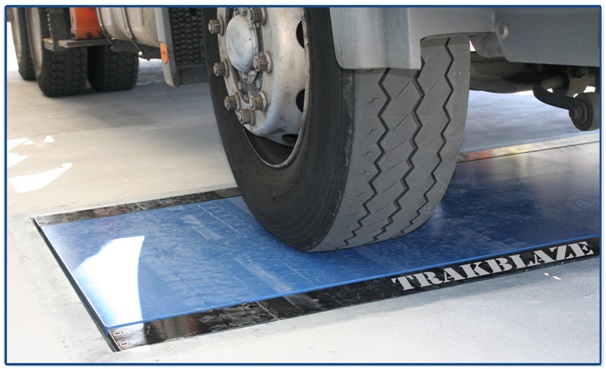Every summer, Australian’s take to the roads in droves to get away for a holiday, visit family. Vehicle movecnments increase dramatically from around Christmas all the way through until school goes back at the end of January.
Unlike Europe, where holiday makers often travel by rail, Australian holiday makers overwhelmingly pack the family into the car, possibly hitch a trailer or a caravan, and travel. Often drivers are tired, stressed about their travel plans, overwhelmed with kids in the back or simply not used to travelling long distances, especially with the addition of that trailer or caravan. They might not be used to the conditions and are quite possibly pushing their own limits.
And, of course, these holiday travellers are sharing the roads with routine road users, particularly trucks and buses. Most people, used to driving at low speeds for short distances on good quality city streets simply aren’t used to driving at speed on variable quality rural roads and highways, with other traffic moving at speed. Add to that driving around larger vehicles such as trucks – and not understanding critical factors like inter-vehicle distance and what is required for a large transport vehicle to stop, and it can be a recipe for disaster.
Australia’s road toll almost inevitably rises over the summer holiday period. And many fatal and near fatal accidents involve a combination of fatigue, distraction, lack of experience with the conditions and poor awareness of other road users, especially larger vehicles.
It is obvious that truck drivers can’t be responsible for poor driving habits of other road users and no driver wants to be in a situation where they are involved in a serious or fatal accident that can destroy a family and cause irreparable mental anguish.
Nevertheless, there are some things that all truck owners and fleet managers can do to contribute to increased road safety awareness and outcomes during this busy period. Critical considerations can include:
- Making sure that driver fatigue is managed and is forefront.
- Ensuring that trucks are fully maintained and in excellent working order.
- Considering the driving schedule and whether any adjustments can be implemented to reduce or stage truck movements to avoid the worst traffic.
- Refresher driver training.
Another important consideration is making sure that truck weighing systems and load configurations are up to date and contributing to truck safety. At any time of year this is important but particularly when there is so much traffic on the road.
Trucks which are properly loaded and configured, and operating at the correct tare, are much safer and much easier to handle in the event of a potential traffic incident. And the simplest, most effective way to ensure that trucks are loaded and configured correctly is to invest in state of the art truck scales and configuration technology that means you take the guess work out of getting it right.





